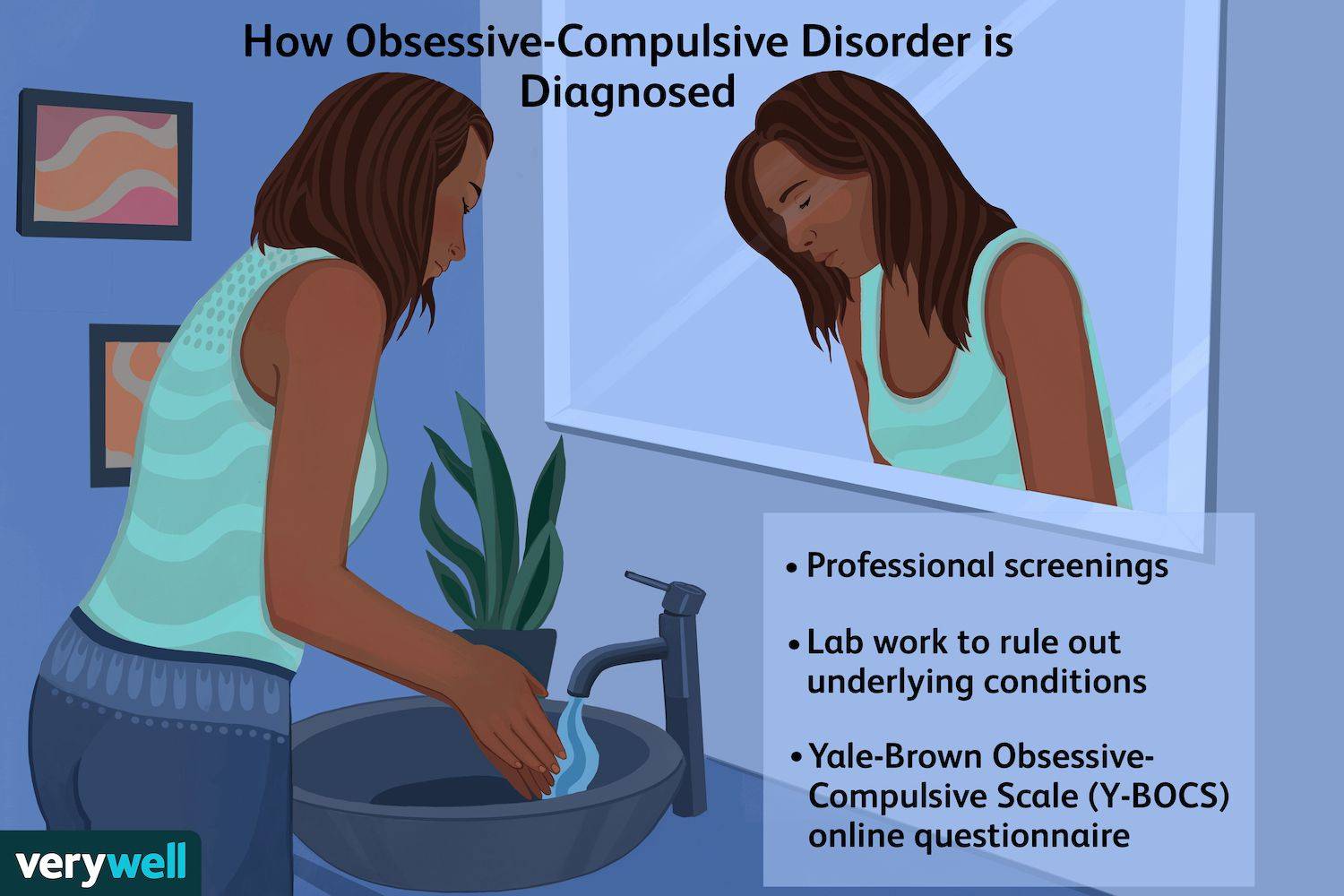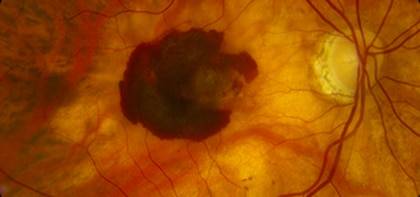How to Prevent Obsessive-Compulsive Disorder (OCD)
**Introduction**
Obsessive-Compulsive Disorder (OCD) is a mental health condition characterized by unwanted, intrusive thoughts (obsessions) and repetitive behaviors or mental acts (compulsions) aimed at reducing anxiety or preventing a dreaded event or situation. While OCD can be challenging to manage once it develops, there are strategies individuals can employ to reduce the risk of developing OCD or minimize its impact. In this comprehensive guide, we'll explore various preventive measures, ranging from lifestyle changes to therapeutic interventions, aimed at promoting mental well-being and preventing the onset of OCD.

**Understanding Obsessive-Compulsive Disorder**
Before delving into preventive strategies, it's essential to understand the nature of OCD. While the exact cause of OCD is not fully understood, it is believed to result from a combination of genetic, neurological, environmental, and psychological factors. Individuals with a family history of OCD or other mental health disorders may have a higher predisposition to developing the condition. Additionally, certain life events, such as trauma or significant stress, can trigger or exacerbate OCD symptoms.
**Preventive Measures**
1. **Maintain a Healthy Lifestyle**:
- Regular Exercise: Engaging in physical activity not only promotes overall well-being but also helps reduce stress and anxiety, which are common triggers for OCD symptoms.
- Balanced Diet: Consuming a nutritious diet rich in fruits, vegetables, whole grains, and lean proteins can support brain health and contribute to better mental health outcomes.
- Sufficient Sleep: Prioritize adequate sleep hygiene to ensure restorative sleep, as sleep deprivation can exacerbate symptoms of anxiety and stress.
2. **Stress Management Techniques**:
- Mindfulness and Meditation: Practicing mindfulness and meditation techniques can help individuals develop greater awareness of their thoughts and emotions, reducing the likelihood of getting caught up in obsessive thinking patterns.
- Deep Breathing Exercises: Incorporate deep breathing exercises into your daily routine to promote relaxation and alleviate stress.
- Time Management: Efficiently manage your time to avoid feeling overwhelmed by responsibilities, which can contribute to increased anxiety and OCD symptoms.
3. **Healthy Coping Mechanisms**:
- Social Support: Cultivate strong social connections with friends, family, or support groups, as having a reliable support system can provide emotional reassurance and reduce feelings of isolation.
- Hobbies and Interests: Engage in activities that bring joy and fulfillment, as focusing on hobbies and interests can distract from intrusive thoughts and compulsive behaviors.
- Creative Outlets: Explore creative outlets such as art, music, or writing to express emotions and channel energy in a positive direction.
4. **Cognitive Behavioral Techniques**:
- Cognitive Restructuring: Challenge and reframe irrational or distorted thoughts that contribute to anxiety and obsessive thinking patterns.
- Exposure and Response Prevention (ERP): Gradually expose yourself to feared situations or triggers while refraining from engaging in compulsive behaviors, allowing for habituation and reduced anxiety over time.
- Thought Stopping: Interrupt intrusive thoughts by mentally shouting "Stop!" or visualizing a stop sign, then redirect your focus to a more constructive activity.

5. **Seek Professional Help Early**:
- Psychotherapy: Cognitive-behavioral therapy (CBT), particularly ERP, has been shown to be highly effective in treating OCD. Seeking therapy at the earliest signs of OCD symptoms can prevent the condition from worsening.
- Medication: In some cases, psychiatric medication, such as selective serotonin reuptake inhibitors (SSRIs), may be prescribed to help alleviate symptoms of OCD when therapy alone is insufficient.
**Conclusion**
While Obsessive-Compulsive Disorder (OCD) can be a debilitating condition, proactive measures can be taken to reduce the risk of its development or minimize its impact. By adopting a healthy lifestyle, implementing stress management techniques, cultivating healthy coping mechanisms, employing cognitive-behavioral strategies, and seeking professional help when needed, individuals can promote mental well-being and prevent the onset of OCD. It's important to remember that prevention is multifaceted and may require a combination of approaches tailored to individual needs. With proactive efforts and support, individuals can empower themselves to maintain optimal mental health and resilience against OCD.
 blogpay
blogpay




















